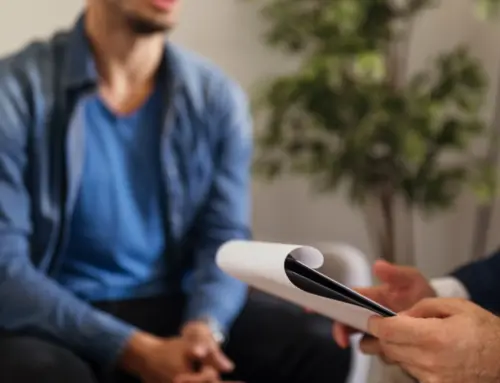Right now, one of the most serious health problems in the United States is skyrocketing rate of opioid addiction. Anything from prescription pain medication to pure heroin or Fentanyl on the streets is being consumed in alarming amounts across the nation. More people than ever are dying from drug overdose due to dealers starting to mix things like heroin and Fentanyl, making it nearly impossible to take a small enough dose to not have a major impact on your health. While this rise in opioid addictions is frightening to say the least, does this mean that anyone who takes a legally prescribed opioid, like a painkiller after a back injury, is at risk for addiction?
In a way, yes. Whether it’s legally prescribed or purchased on a street corner, any consumption of any opioid runs the risk of getting your body hooked, especially if you’re taking pain killers over a long period of time. All it can take is one hit or one pill too many, and you’re suddenly swimming in addiction. In America, opioids are vastly overprescribed, which has helped fuel the fire, but many of these prescriptions were justified or necessary for that person after a major injury or medical procedure. In some cases, teens steal their parents’ prescriptions, or someone may take one from an elderly friend or family member. There’s no shortage of ways to get the drugs these days.
This doesn’t mean that every person who takes an opioid pain killer is going to become addicted, however. Yes, there’s a risk that raises with each use of the drug, but like all addictions, a large part of whether or not a person become addicted has to do with more than just their body. Family history, previous issues with mental health or depression, even prior issues with drug or alcohol use are all other common examples of additional factors to take into account. If you have a family member that has struggled with an addiction in the past, there’s a chance you’ve inherited or picked up some of their less-than-ideal habits, and you could be putting yourself at risk for addiction if you don’t keep a leash on your use.
If you’re in pain and need pain killers, by all means, talk to your doctor about what’s best for you, but always keep in mind that you could be putting yourself at risk for addiction down the road if you have prolonged use.
At The Springboard Center, we know that you and your family need a treatment provider you can trust. Incorporating the best of practices we have created a meaningful program to restore health and dignity with quality care and counseling. Call us today for information on how we are serving the Permian Basin: (432) 620-0255




